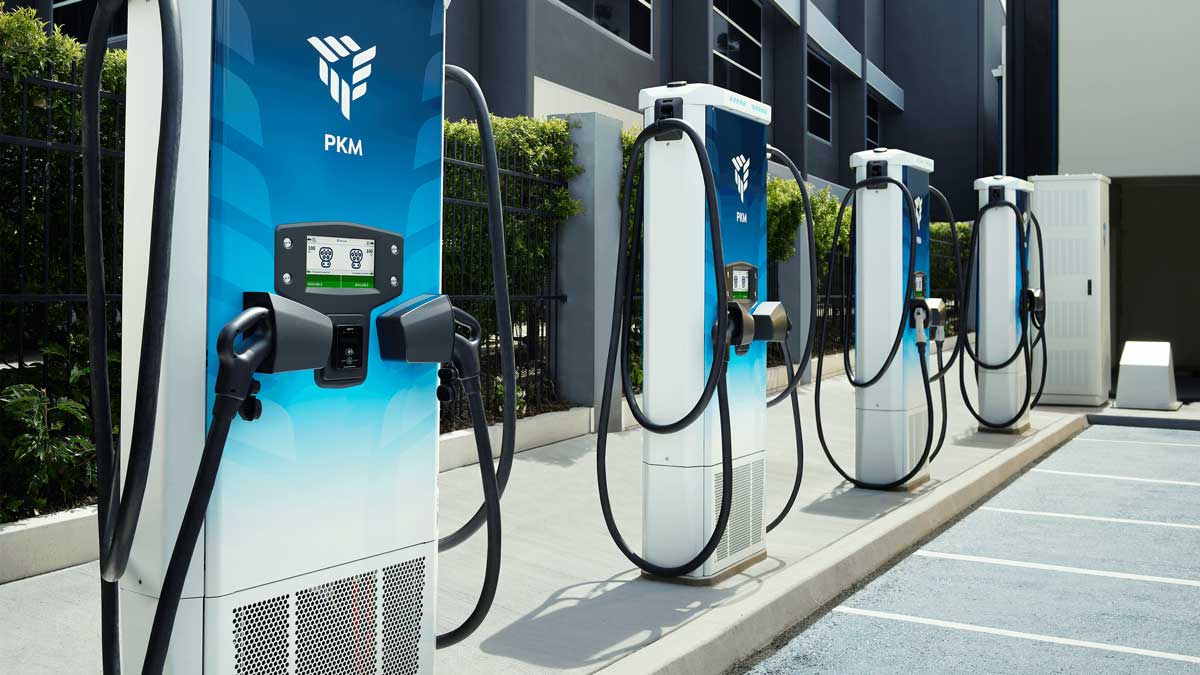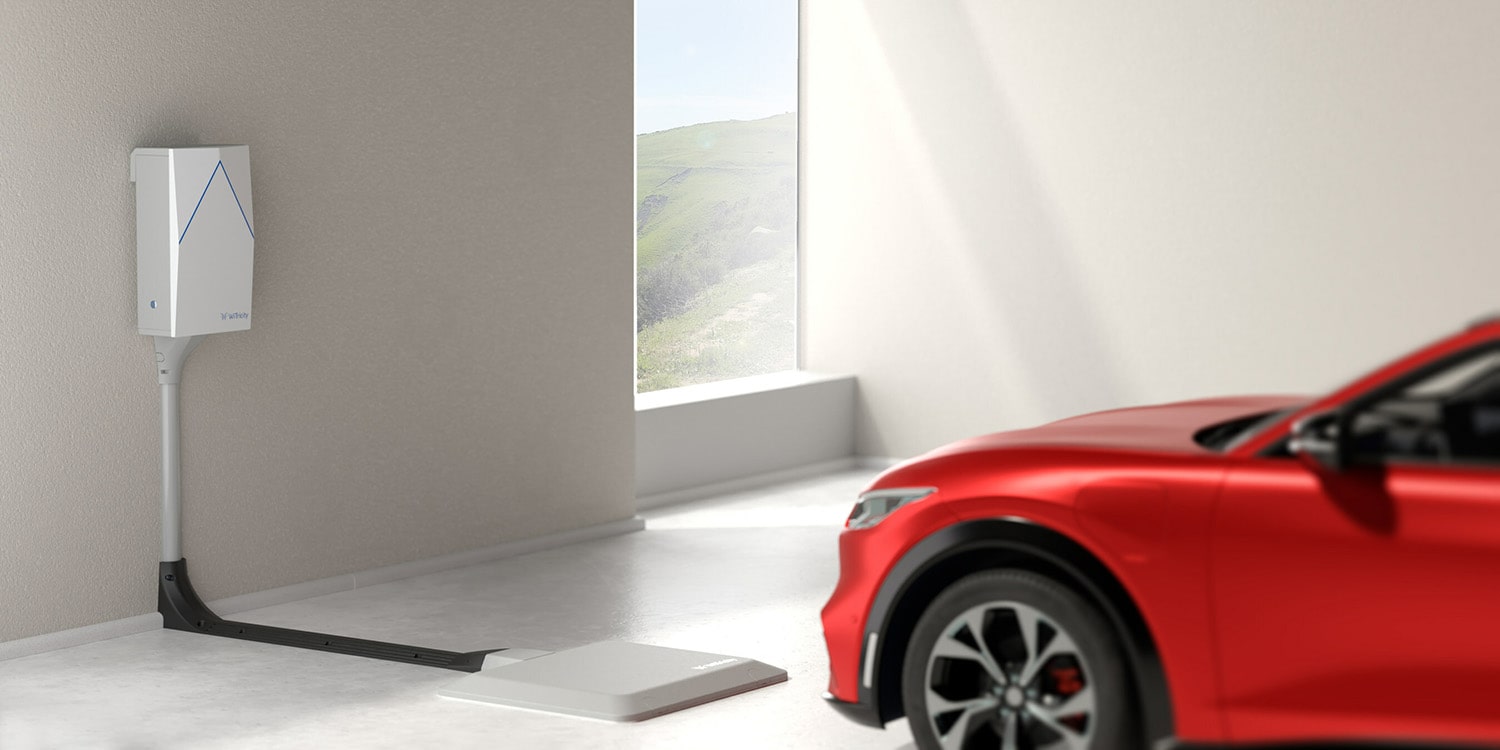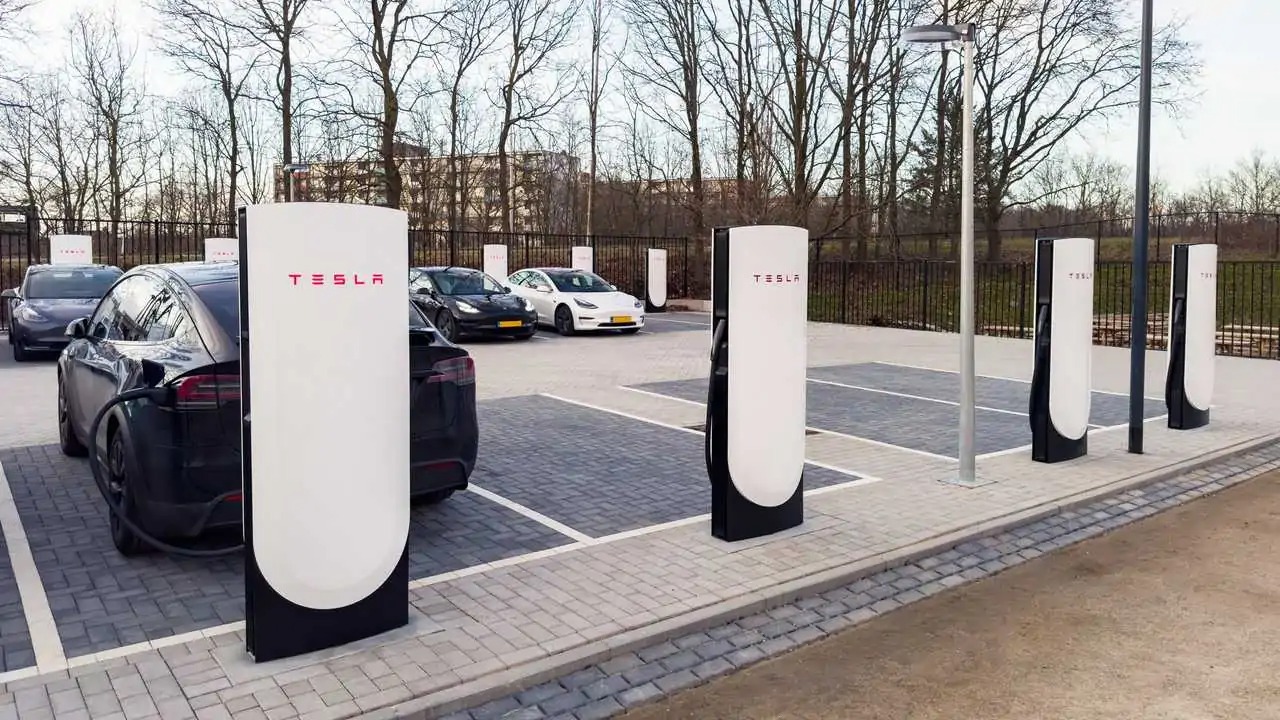In a significant development towards the forthcoming legislation, the European Parliament has adopted the European Union’s regulations for the expansion of electric vehicle (EV) charging infrastructure and hydrogen facilities. The legislation, which closely aligns with earlier proposals, also includes advancements in the realm of maritime fuels.
Negotiators from the EU Parliament and member states had previously engaged in discussions to establish binding targets for the expansion of EV infrastructure in March. The draft legislation was approved by the EU Parliament without any modifications, with an overwhelming majority of 514 votes in favor, 52 against, and 74 abstentions.
According to the agreed-upon terms, electric vehicles must have access to charging stations every 60 kilometers along the main routes (Trans-European Transport Network – TEN-T) in the European Union by 2026. These charging points should offer a capacity of 400 kW, with the power output of the network expected to increase to 600 kW by 2028.
Regarding trucks and buses, negotiators have stipulated that charging stations must be available every 120 kilometers. By 2028, these stations should be installed along half of the primary roads within the EU, with power outputs ranging from 1,400 kW to 2,800 kW, depending on the road. Furthermore, member states are required to ensure the installation of hydrogen filling stations at least every 200 kilometers along the main routes by 2031.
The proposal for installing charging stations every 60 kilometers for cars was initially put forward by the EU Parliament’s Transport Committee in October 2022. The term “electric charging pools” was used at the time, referring to larger facilities equipped with multiple charging points. The EU Parliament has reemphasized this terminology in the recent adoption.
The overwhelming support for the legislation is not surprising, as the Parliament’s negotiators were actively involved in its formulation. Once the Council also approves the regulations, they will come into effect six months after the conclusion of the legislative process.
Petar Vitanov (S&D, BG), the EU Parliament’s rapporteur on alternative fuels infrastructure, highlighted that the new rules will “facilitate the deployment of more charging infrastructure and make it as convenient to use as traditional petrol stations.” This also includes ensuring user-friendly payment options. The EU Parliament underscored the importance of enabling users of alternative fuel vehicles to make easy payments at charging points, which entails accepting payment cards and contactless payments without the need for a subscription. Regarding pricing, the EU regulations require displaying prices per kilowatt-hour (kWh), kilogram (kg), or per minute/session. Additionally, MEPs have pledged that the Commission will establish an EU “database” on alternative fuels data by 2027 to provide consumers with information on the availability, waiting times, and prices at different stations.
In today’s session, MEPs also approved new regulations concerning cleaner maritime fuels. The rules mandate a gradual reduction of greenhouse gas emissions by 2% by 2025, ultimately reaching an 80% reduction by 2050 (compared to the 2020 level). These regulations will apply to ships with a gross tonnage above 5,000, which are responsible for 90% of CO2 emissions in the EU. The rules cover all energy used on board ships within EU ports and 50% of the energy used during voyages outside the EU or in the EU’s outermost regions.
Jörgen Warborn (EPP, SE), the EU Parliament’s rapporteur on sustainable maritime fuels, hailed the new regulations as “the most ambitious pathway in the world to decarbonize maritime transport.” He emphasized that the rules target 90% of maritime CO2 emissions while considering the impact on smaller ship-owners and ports, thereby minimizing costs and administrative burdens.
The regulations on sustainable maritime fuels received overwhelming support with 555 votes in favor, 48 against, and 25 abstentions. Once approved by the Council, these rules will be effective from January 1, 2025.







